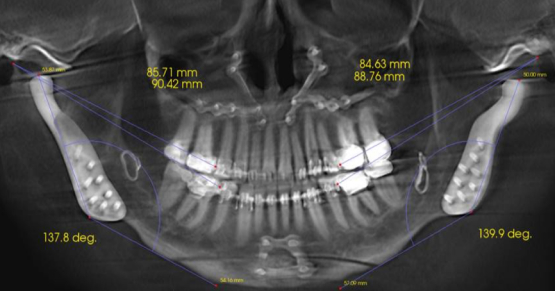Six Bad Reasons To Not Think About a Transition
“I want to stay small”
Why deal with the headaches of managing a big practice when you can just keep things at a nice, intimate level? That’s a great idea, but if your patient base is large enough, you’re not doing yourself or your patients any favors by trying to keep things cozy. Patients will get impatient with how long it takes to see you, and you’ll get stressed by the backed-up schedule. A well-timed transition gives everyone the breathing room they need.
“I don’t want to rock the boat”
A comfort zone can be difficult to escape, but it’s amazing how liberating and inspiring it can feel to break out. I call it the transition effect: Just focusing on what’s required for a successful transition forces you to look at the practice with fresh eyes. No one has ever achieved fulfilling success by being satisfied with a comfortable routine.
“The new dentist won’t be at my level”
They will be if you mentor them in the right way! If you truly care about your patients, you’ll recognize that eventually they’ll need to see someone else. Why not make sure it’s someone you’ve integrated into the practice family and coached to uphold your treatment philosophy?
“My patients trust only me”
Then they should trust your recommendations, too. As I outlined in a recent post, it’s all about introducing the new dentist with the right value. Sometimes, doing the right thing means giving up a measure of control.
“My practice is my nest egg”
Dentists who think they’ll be able to “cash out” and live comfortably in retirement off the proceeds of the sale of the practice are usually kidding themselves. If you want the practice to provide for you in your later years, you have to start optimizing its value now. Which leads to the final great fallacy …
“It’s too soon to think about it”
A really well-thought-out exit plan should begin 10 years before your forecasted retirement date. But retirement is not the only consideration. If there are untapped opportunities in the practice — at any time — you should be moving to capture them and advance the growth of the practice. It’s never too soon to be the best you can be!
SPEAR NAVIGATOR
Transform how your practice runs by engaging the team through
coaching and training
A guided path to excellence through structured coaching and self-guided resources that will align your team, streamline processes and drive growth. Transform your practice by implementing Spear’s proven playbooks for developing and retaining a high-performing dental team.

By: Imtiaz Manji
Date: October 1, 2012
Featured Digest articles
Insights and advice from Spear Faculty and industry experts


